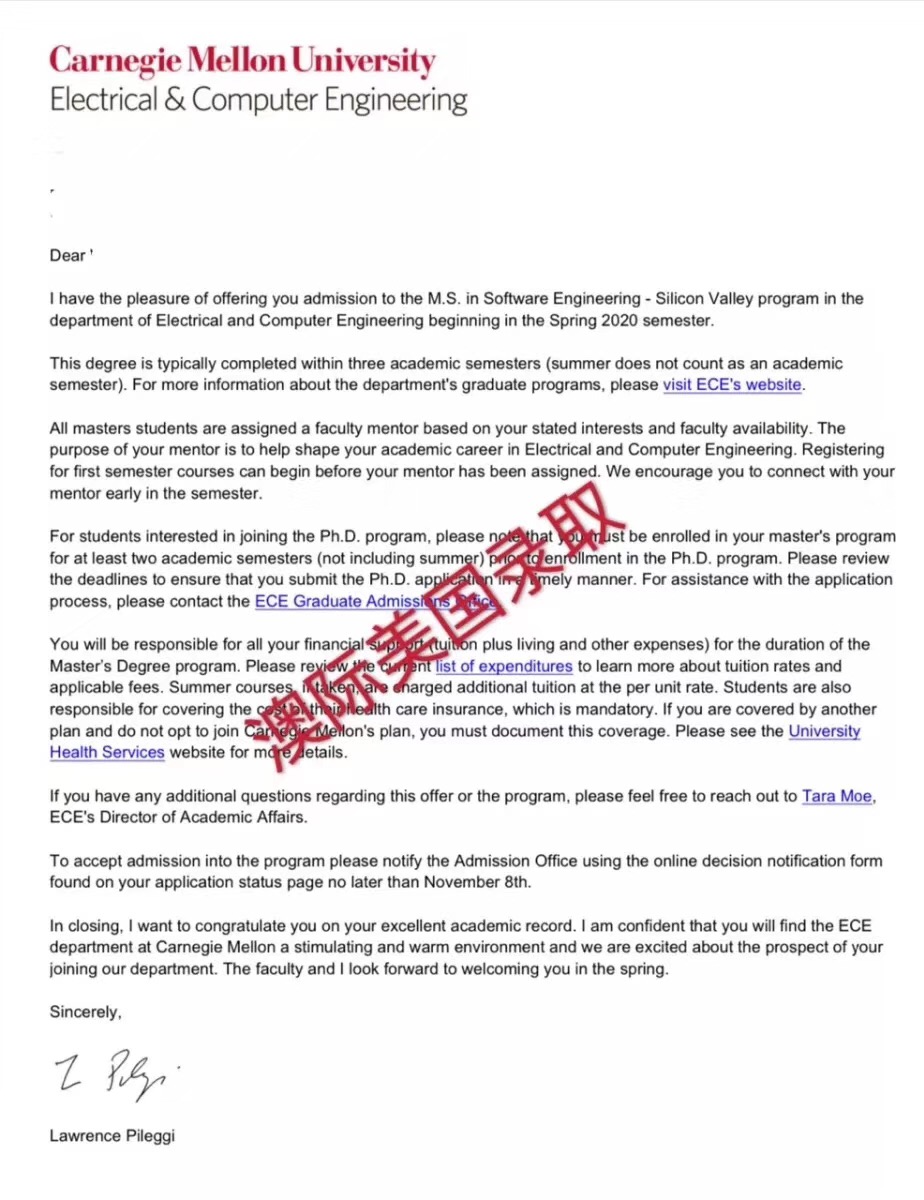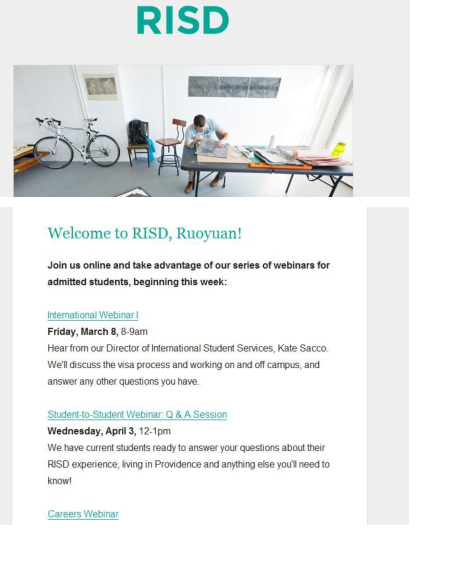留守儿童-坏孩子?-新闻体写作
2016-06-28 1850阅读
Left-behind children, bad guys?
By Maggie Ma
What can be done to tackle the problem of left-behind children whose parents leave the countryside to work in cities? Ask the man on the street and the chances are he will say something like, "To give more care for those children, so they will not commit a crime." On Feb. 14, 2015, a directive was released by the Chinese government indicating that it would pay more attention to the left-behind children and eliminate their negative effects by advocating institutions like schools to do more jobs and stressing the importance of giving migrants urban Hukou.
However, LIU Beijing with a round fatty face with worried eyes, a 12 years old boy’s story tells a different situation. His Chinese name includes his parents’ strong wish of staying and living at Beijing with their children, but they cannot. Now, he is a middle school student of Dongying District Experimental High School, Shandong Province, China. Every day, at dawn, he rides his bicycle, leaves the small village for his school 8 kilometers away. He enrolled in the school two years ago. He seems disappointed at the school because of no good teaching facilities and interesting classes like music and art. All students are required to put most time in learning fundamental course and consecutively do exercises with the purpose of obtaining a high score which will guarantee teachers with high bonus and students with admissions of key high schools and further prestigious universities. After school, he returns to the family house in the small village and makes dinner by himself. He lives with his younger sister and his neighborhood is his uncle, but he is so independent that he seldom disturbs his relatives.
According to his parents, LIU Beijing is born in Beijing, grows up in Beijing and receives his elementary education in Beijing. On speaking of leaving two children at hometown alone, tears well up and flow down their wizened faces. At their twenties, they left the poor village to do small business in Beijing and have got used to living here. They weep out that they want their children to go to middle school in Beijing, but it is not realistic for it will do harm to their children' future. According to the government policy, children without Beijing Hukou are not allowed to take part in the National College Entrance Examination in Beijing. Furthermore, if a Beijing student can get a score of 450/750 in the test, he or she can be admitted by a university across china, but for a student in Shandong Province, a score of 550/750 at least can make them enter a university. That is to say if LIU Beijing received high school education in Beijing, and returned hometown for the national exam, he was likely to fail the exam. At present, his mother will go hometown to see our children every other week. Although the Beijing government realizes the contribution of outsider inhabitants little by little, it does not release any effective policies for us to enjoy rich and excellent education recourses in Beijing. It even becomes more difficult for a child without Beijing Hukou to enter the public primary school which asks the outsider family to prepare more than 20 kinds of documents with red seals.
The head teacher of Liu Beijing, an agreeable young man teacher reveals he is an excellent student and almost in each test he ranks the first in class. He smiles with deep wisdom it is not true that many newspapers reported left-behind children were ignorant and disruptive. Drinking pesticide and sex-abuse cases are just extreme examples, and you can find similar students in the countryside with their parents accompanying them. However, the teacher admits Liu Beijing is not as confident as his classmates and unwilling to talk about his family, and more sensitive than his peers. The teacher thinks it is important to correctly guide left-behind children just like other common ones. He said, “I always say to him that your parents love you deeply like those parents who stay with their children, and you are great to be so independent and excel in class. Indeed, around 270m Chinese people have left the rural areas to work in towns and cities, many of their children are left behind to senior citizens or relatives. He continues that those children need correct guidance by their famer parents, the schools and the society, and the key step and effective way is to gradually improve the farmers’ literacy levels and narrow the big gap between the urban areas and the rural areas.
A study by professors at Stanford University discovered that among more than 140,000 children assessed in areas like education, health and nutrition, left-behind ones performed as well as or better than those living in the countryside with both parents. But both kinds of children lagged far behind those who grow up in cities, so it might show the underlying reasons are uneven education resources around China.
留学咨询
更多出国留学最新动态,敬请关注澳际教育手机端网站,并可拨打咨询热线:400-601-0022
留学热搜
相关推荐
- 专家推荐
- 成功案例
- 博文推荐

Copyright 2000 - 2020 北京澳际教育咨询有限公司
www.aoji.cn All Rights Reserved | 京ICP证050284号
总部地址:北京市东城区 灯市口大街33号 国中商业大厦2-3层







陈瑶A 向我咨询
行业年龄 17年
成功案例 5146人
拥有大量高端成功案例。为美国哈佛大学、宾夕法尼亚大学等世界一流名校输送大批优秀人才。
齐亚楠 向我咨询
行业年龄 15年
成功案例 4070人
商科案例有哥伦比亚大学等,工科案例有麻省理工大学等,艺术案例有罗德岛大学等。
李君君 向我咨询
行业年龄 15年
成功案例 4157人
成功案例涉及美国排名前60的院校,专业涵盖商科(金融,会计,管理),工科(生物工程,化学工程,计算机科学,电气工程)等热门领域。